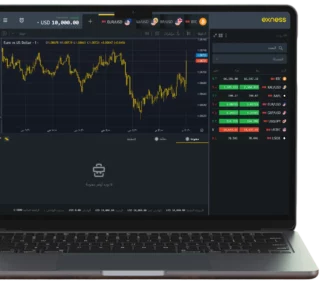What Are CFDs and How Do They Differ from Other Trading Instruments?
A Contract for Difference (CFD) is a financial derivative that allows traders to speculate on the price movements of various assets without actually owning the underlying asset. When trading CFDs, traders enter a contract with a broker, like Exness, to exchange the difference in price from when the contract is opened to when it is closed. This means you can profit from both rising and falling markets by going long (buying) or short (selling) without needing to own the asset itself.
Unlike traditional trading, where you buy and sell physical assets like stocks or commodities, CFDs provide exposure to an asset’s price changes through a contract, making it more flexible and cost-effective. With CFDs, you can trade a variety of asset classes, including stocks, forex, commodities, and cryptocurrencies, without worrying about the complexities of physical ownership or delivery.
How Exness Allows Access to Various Asset Classes Through CFDs
Exness offers a wide range of CFD trading options, giving traders access to multiple asset classes, including:
- Forex: Trade currency pairs like EUR/USD or GBP/JPY.
- Stocks: Speculate on popular company shares such as Apple or Tesla.
- Commodities: Trade commodities like gold, oil, and natural gas.
- Indices: Access global indices like the S&P 500 or NASDAQ.
- Cryptocurrencies: CFDs are also available for major cryptocurrencies such as Bitcoin and Ethereum.
Benefits and Risks of Trading CFDs on Exness Platforms
Benefits:
- Leverage: CFDs allow traders to use leverage, meaning you can control larger positions with a smaller initial investment. Exness offers leverage up to 1:2000, which amplifies potential profits.
- Flexibility: You can trade both long and short, making it easier to profit from both rising and falling markets.
- Diverse Asset Access: With CFDs, you can trade a wide range of assets, allowing you to diversify your portfolio without holding the physical asset.
Risks:
- Leverage Risk: While leverage can increase profits, it also magnifies potential losses, especially in volatile markets.
- Market Volatility: The value of assets can change rapidly, and sudden price movements can lead to significant losses.
- Overtrading: CFDs can encourage excessive trading, which can increase transaction costs and lead to substantial losses if not carefully managed.
In conclusion, trading CFDs with Exness offers numerous opportunities to trade global markets with ease and flexibility.

